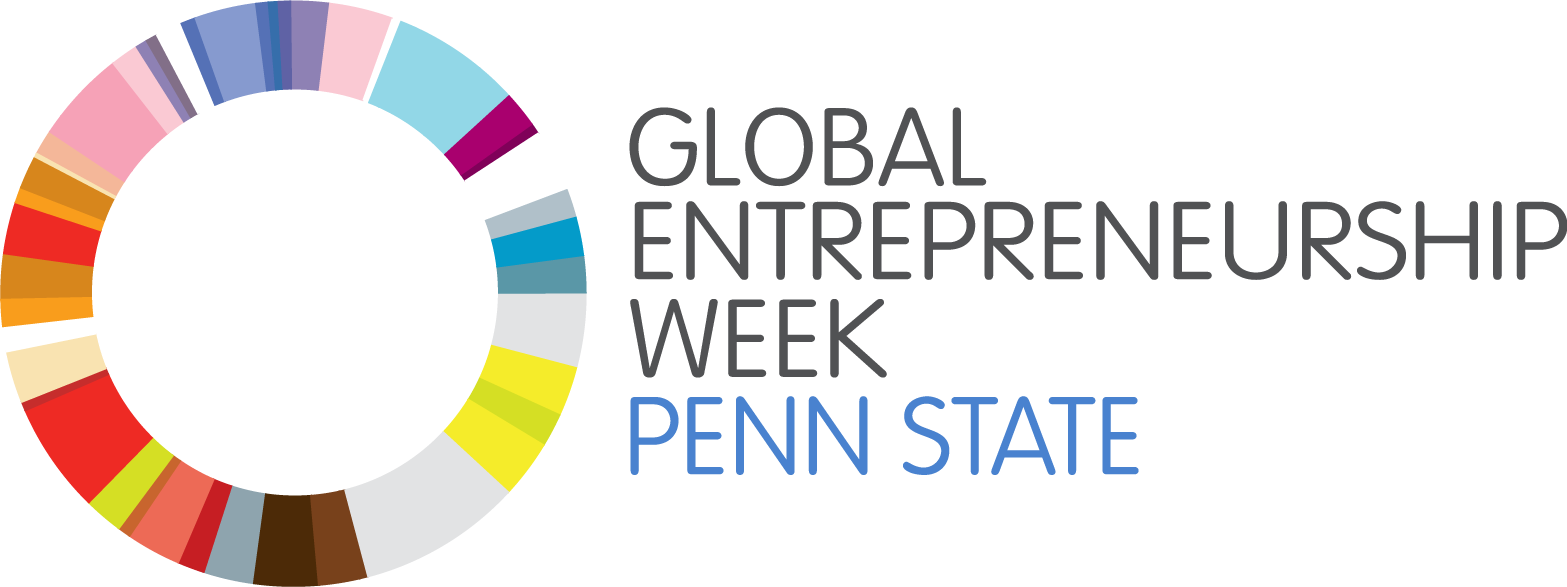Warning: This post will not make you feel warm and fuzzy inside.
Last year, I was just discovering the realm of entrepreneurship. At the time, I was questioning whether I fit into the entrepreneur box. Rather than fitting inside the box, I am now more focused on redefining the contents of the box itself.
I want to talk about issues. On a vague philosophical level. Critique my lack of hard facts if you wish, but I will argue that conversations about morals and values are exactly what the realm of entrepreneurship is missing. I believe we need to start looking at the picture innovation is painting in our society more holistically.
A mixture of the glamorized Mark Zuckerberg and the Facebook saga, the lack of jobs and resistance to corporate America, and low barriers of entry to the digital world have catalyzed many in the millennial generation to create their own jobs. Entrepreneurship is cool. Nerds are cool. Silicon Valley is the place to be.
But Pete Warden argues nerd culture must die.
“When I look around, I see the culture we’ve built turning from a liberating revolution into a repressive incumbency. We’ve built magical devices, but we don’t care enough about protecting ordinary people from harm when they use them. We don’t care that a lot of the children out there with the potential to become amazing hackers are driven away at every stage in the larval process. We don’t care about the people who lose out when we disrupt the world, just the winners (who tend to look a lot like us).”
It’s ironic. The winners of the startup culture are starting to sound very similar to the winners of the corporate culture entrepreneurs refused to become. The top executive in a suit and tie is now disguised as a 20-something hacker in a hoodie.
Silicon Valley was always very sensationalized to me. So when I traveled there for the Global Innovation Summit in February, I had pretty high expectations. Instead leaving impressed, I was struck by the wealth disparity a mere five-minute drive from downtown San Jose. Every Valley native I spoke with explained how “this all used to be orchards,” before launching into a hardened account of all of the social issues that have plagued the community since the tech boom’s sprawling urban development took over the Valley.
You might argue that every community has its issues. I would agree with you. Yet I did not expect social challenges to be so extreme in the biggest tech sector in the country. It seemed a little backwards. With all of the “innovation” happening here, how has no one found a way to innovate solutions for issues like homelessness and affordable housing, education, and food insecurity? How much is all of this disruptive technology actually changing the world if it cannot address such disparities at home?
That is why I was thrilled to see the cover of the November/December issue of the MIT Technology Review with the simple title printed boldly, “Inequality.” In the article, David Rotman illustrates the role technology is playing in the chasm between the rich and everyone else in the United States (specifically Silicon Valley), where the gap is the largest.
Our country has historically emphasized progress and productivity, which traditionally benefited all social classes. Yet as technology advances continue to emerge, to what extent is innovation for the sake of innovation always good? In a culture where entrepreneurship is applauded and touted as a solution to our economic crisis, where do we draw the line? This narrow view of innovation allows startups to operate under the guise that their ventures are generating real solutions to people’s pressing problems. Are we honoring convenience over social change?
Inequalities from urbanization are just the tip of the iceberg. Issues of diversity and gender inequality definitely have their home in the tech sector. Yet not only does addressing these breakdowns begin to bridge the inequality gap, but also from a practical standpoint, is good for business.
Underlying all of these issues is the elephant in the room – mental health. The stigmas surrounding mental health in American society are already extreme. Step inside the microcosm of the entrepreneurial sector and the stigmas increase tenfold. Depression is everywhere, but no one is talking about it. Over the past two years, several successful entrepreneurs have committed suicide.
Startups become very attached to their ventures. Admitting mental weaknesses is like throwing in the towel and assuming a venture will ultimately fail. There is no time to talk about feelings and very often no platform to do so. That is why well known entrepreneurs like Brad Feld lending an open voice to issues of mental health is so important.
So, my point is, we’ve got some problems.
Before we can discuss solutions, I think it is important to fully recognize the issues we are facing. We have a whole week to celebrate entrepreneurship and I could not be in more support of an event. I am in love with the entrepreneurial spirit and what it can accomplish. I absolutely believe it should be celebrated. But I encourage you, as GEW comes to a close, to reflect on your values and how they tie into your perceptions of innovation.
What kind of entrepreneurship should we really be celebrating?
Serena Fulton is the Membership Director at New Leaf Initiative.


